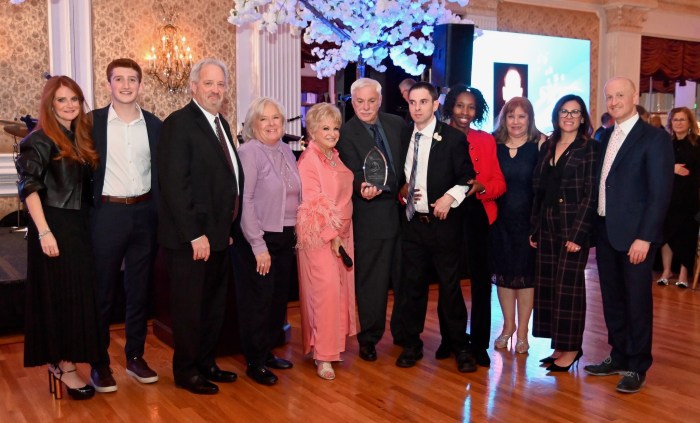Caribbean nations on Jun. 20 joined forces with over 50 countries and 86 private companies behind the move to factor the value of natural assets like clean air, clean water, forests and other ecosystems into business decision-making and countries’ systems of national accounting.
The World Bank said 57 countries and the European Commission are supporting a communiqué that calls on governments, the U.N. system, international financial institutions and other international organizations to strengthen the implementation of natural capital accounting around the world.
The Washington-based financial institution said private sector companies and financial institutions – like Wal-Mart, Woolworths Holdings, Unilever, Standard Chartered, and Caisse des Dépôts – some of which have already endorsed initiatives like the finance-led Natural Capital Declaration and the Natural Capital Leadership Compact, have reaffirmed their commitment to collaborate globally to integrate natural capital considerations into their decision-making processes.
Speaking at an event at the United Nations’ Rio+20 Conference on Sustainable Development in Rio de Janeiro, Brazil, World Bank Vice President for Sustainable Development Rachel Kyte said all the ingredients for the implementation of natural capital accounting were now in place, including a U.N.-recognized methodology, political commitment at the highest level and strong private sector support.
“Rio has provided an opportunity for countries and the private sector to step up their commitment to natural capital accounting and to demonstrate its potential benefits to a global audience,” Kyte said.
“There is now overwhelming support for implementation across the world,” he added. “Let’s look back in 20 years from now and remember that this was the time when we changed the way we accounted for nature.”
The World Bank said governments, private companies and international organizations, including the World Bank Group, have identified the need for coordinated action to develop institutional arrangements to strengthen the implementation of natural capital accounting and develop science-based methodologies for natural capital accounting as a complement to the Gross Domestic Product (GDP) and corporate performance measurements.
In addition, the bank said there was need for coordinated action in piloting and demonstrating the economic, social and environmental aspects of “scaled up and integrated approaches” to natural capital accounting.
The World Bank said it is supporting countries to factor their natural capital into systems of national accounts through a global partnership called WAVES (Wealth Accounting and the Valuation of Ecosystem Services).
At the Jun. 20 event in Rio, the Government of the Netherlands announced €2 million in support for WAVES.
“The Netherlands has experience with environmental accounting since the nineties,” said Ben Knapen, Minister of European Affairs and International Cooperation, The Netherlands.
“Today, I am glad to announce we are able to support the promoting of the incorporation of natural capital into national account through the World Bank’s WAVES program in a few partner countries (with a financial contribution of €2 million),” he continued.
The WAVES partnership includes the United Nations Environment Program, the United Nations Development Program, and the United Nations Statistical Commission.
“We are now in sight of a historic agreement,” said U.N. Secretary-General Ban Ki-moon in his address to Rio+20’s opening session.
“Let us not waste this opportunity,” he added. “The world is watching to see if words will translate into action, as we know they must.”
The U.N. said more than 40,000 people – including parliamentarians, mayors, U.N. officials, chief executive officers and civil society leaders – are attending Rio+20 from Jun. 20-22.
The event follows on from the Earth Summit in 1992, also held in Rio de Janeiro, during which countries adopted Agenda 21 – a blueprint to rethink economic growth, advance social equity and ensure environmental protection.



















